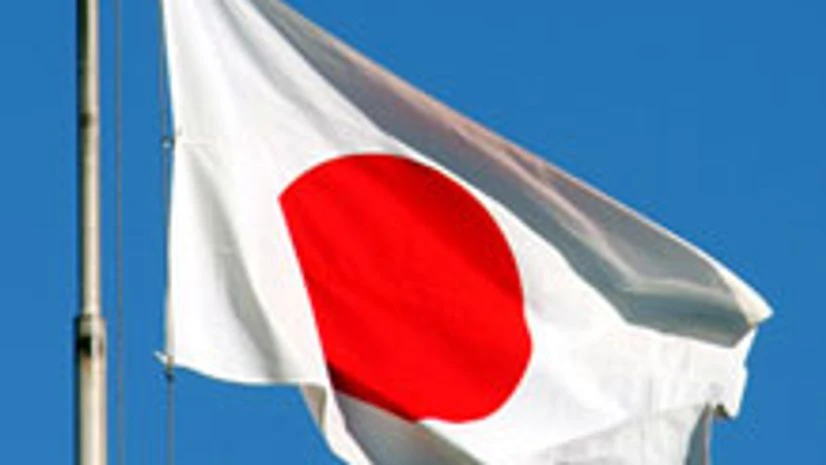Japan's economy dodged recession in the third quarter with the initial estimate of a contraction revised to an annualised expansion of one per cent, offering a glimmer of hope for policymakers struggling to end years of stagnation.
Capital expenditure was the key contributor to the upgrade, a welcome sign for premier Shinzo Abe's administration that is pressuring companies to invest more of their record profits to put Japan's economy on a sustained recovery path.
The revision to one per cent growth from the preliminary estimate of a 0.8 per cent fall considerably exceeded the median market forecast for 0.1 per cent growth, suggesting the world's third largest economy was in better shape than initially thought.
More From This Section
"The data was a positive surprise for markets. It's a welcome one for us too," Economics Minister Akira Amari told reporters. "Companies are starting to implement their capital expenditure plans." The data may ease pessimism over the outlook and allow the Bank of Japan to hold off on additional easing even as inflation slides further away from its two per cent target, analysts say.
But analysts also caution against reading too much into the revision. The upgrade was amplified by a slower-than-expected fall in inventory, which works to push up growth but suggests that companies are struggling to sell goods in the face of weak demand.
"All in all, it's positive news for the economy, particularly the stronger-than-expected capital expenditure," said Yoshiki Shinke, chief economist at Dai-ichi Life Research Institute.
"But the big picture remains the same, which is that the economy is at a standstill."
Initial estimates of a third-quarter contraction had meant Japan was in a technical recession - defined as two straight quarters in which GDP has declined.
Even with revised data showing Japan dodged recession, policymakers will remain under pressure to speed up growth with additional stimulus measures.
When factoring in a 0.5 per cent contraction in April-June, the economy barely grew in the first half of the current fiscal year. It needs to expand an annualised 3 per cent each in the remaining quarters to meet the government's estimate of 1.5 per cent growth in the year to March 2016 - which even Amari described as "quite ambitious."
The government is likely to compile a supplementary budget exceeding 3 trillion yen ($24 billion), which will modestly boost growth but not until around April, analysts say.
Many analysts expect the economy to rebound only modestly in the current quarter, given weak household spending and exports.

)
